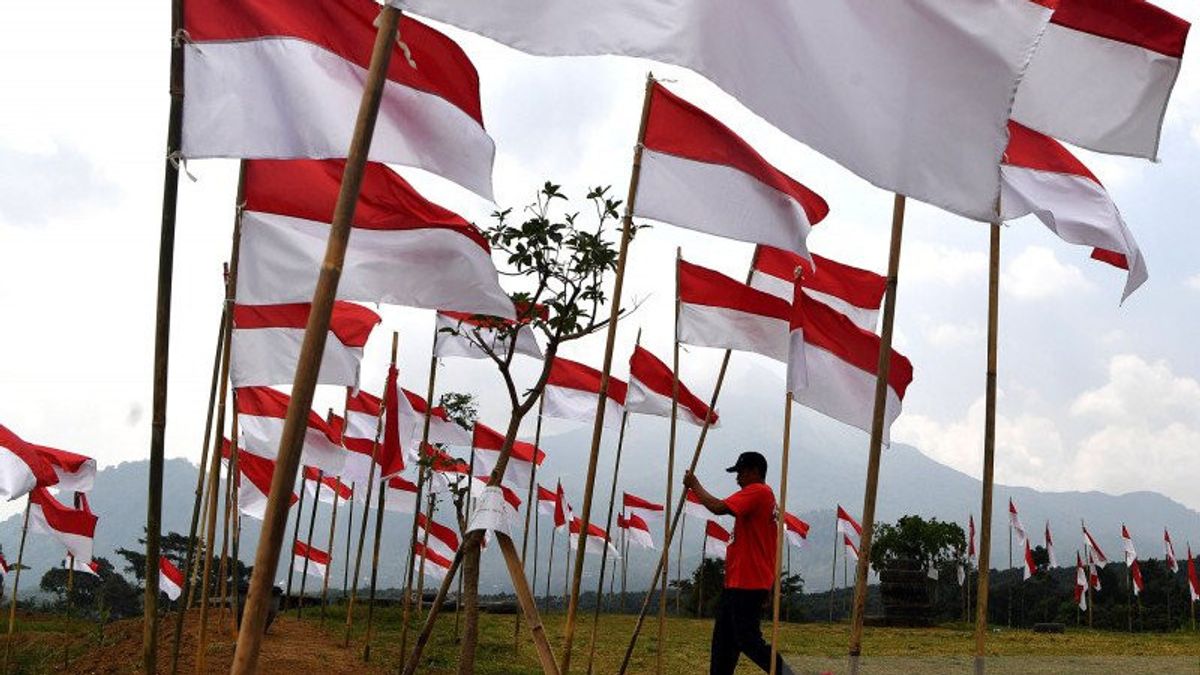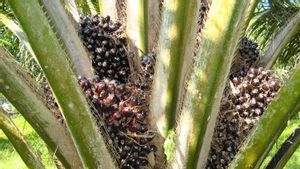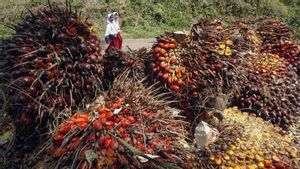JAKARTA – The COVID-19 pandemic has put pressure on the economic sector due to a decline in productive activity. This situation was then exacerbated by the crisis in Eastern Europe between Russia and Ukraine, which were involved in war.
However, PT Bank Mandiri (Persero) Tbk Chief Economist Andry Asmoro assessed that the increase in commodity prices as an excess of global conditions had a positive impact on Indonesia. In fact, the developing countries of the Republic of Indonesia are very likely to experience deeper pressure than other strong countries.
The situation reversed when Indonesia was able to produce a number of important world commodities which are currently being contested by many countries.
"Indonesia's condition is relatively better than other emerging markets that cannot produce commodities or are not producers of natural resources," he told the online media crew, quoted on Thursday, June 23.
According to Andry, this is reflected in the state revenue sector which has shown steady performance with significant growth from commodity sales to foreign markets. In fact, the government through the Ministry of Finance has reported to the House of Representatives that state revenues will be Rp420 trillion higher than the initial target set by the 2022 State Budget Act.
"If we look at the elasticity of the price increase, it actually has a positive effect on GDP (gross domestic product). Indonesia is still blessed that the impact of this war creates upside potential for economic growth," he said.
As an illustration, Indonesia is a country with the largest coal export book in the world. Currently, the black gold commodity is trading at almost 400 US dollars per tonne from previously only in the range of 60-70 dollars per ton during the pre-pandemic.
Likewise with palm oil aka crude palm oil (CPO) where RI is the world's largest producer. In the editorial notes, the price of CPO at the end of 2019 was only 2,000 Malaysian ringgits per tonne. However, the raw material for cooking oil is now traded for 4,900 Malaysian ringgit per tonne.
The English, Chinese, Japanese, Arabic, and French versions are automatically generated by the AI. So there may still be inaccuracies in translating, please always see Indonesian as our main language. (system supported by DigitalSiber.id)













